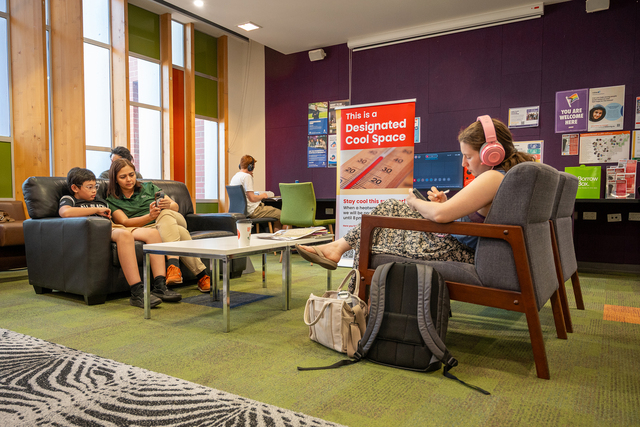Is your Local Government driving efficiency?
Stuart Jardine, Chief Executive Officer of the City of Gosnells (current Western Australian Local Government of the Year), shares his thoughts on the future direction of the industry. In a career spanning more than 30 years, he has been involved in strategic planning in leading Local Governments in both Australia and the United Kingdom.
The search for efficiencies is nothing new to Australian Local Government. It is big business representing around 2.3 per cent of GDP, with expenditure of over $18 billion and more than 160,000 employees. Local Governments are increasingly recognising that they need to cater more effectively to community needs and aspirations by delivering services around people’s requirements as opposed to making them fit existing organisational structures.
For example, the City of Gosnells has recently realigned its community services from the traditional ‘cakes and sandwiches’ approach to a more inclusive community engagement model.
A number of factors can influence a Local Government’s drive towards greater business efficiency. It is essential to recruit and retain a motivated flexible workforce to deliver business efficiency as a high staff turnover, among other things, adds significant costs to an organisation.
The City of Gosnells Work Life Balance Strategy has reduced the organisation’s turnover rate from 12 per cent to nine per cent at a time when the Perth metropolitan average is around 20 per cent.
Unfortunately, there is a dearth of consistent benchmarking information in Western Australia to assist in valid comparisons of performance (the UK actually produces league tables).
Last year, we carried out a health check of Gosnells’ long term financial capacity. It demonstrated that the City is in a strong financial position ranking in the top quartile of the five key industry benchmarks. To foster best practice in sustainability and greater transparency of corporate governance, we recently joined a number of progressive Local Governments across Australia to undertake organisational sustainability reporting through the Centre for Public Agency Sustainability Reporting using the Global Reporting Initiative guidelines. Nevertheless, there remains a need for greater information sharing and collaboration to further strengthen the industry.
Many Local Governments are using purchasing partnerships to maximise their spending power and achieve lower prices in procuring a wide range of goods and services. As part of the South East Metropolitan Regional Council, Gosnells produced quantified savings in excess of $1 million over the life of a contract for its kerbside recycling service.
Significant investment is also made by Local Government in new technology. In a first for Western Australia, a group of Councils, including the City of Gosnells, have worked to collectively purchase new business software systems in a cost effective manner.
We are also one of six pilot Local Governments rolling out a Western Australian asset management improvement program. It aims to develop tools and guidelines to assist Councils in improving the awareness and capability of asset management.
At their best, Australian Local Governments that are prepared to be more flexible and innovative can achieve more bang for their buck. An innovative culture must come from the top and at the City of Gosnells we have successfully introduced an ‘Innovation Week’ for staff to garner good ideas at a grassroots level.
Looking to the future, boundaries between the three spheres of government, the private and voluntary sectors are likely to be less important and less visible than today. Gosnells has made a step in this direction with a joined up approach to seamless service provision and pooling resources through its Maddington Kenwick Sustainable Communities Partnership. This partnership has been recognised as a key initiative under the auspices of the State Government’s Sustainability Strategy.
















